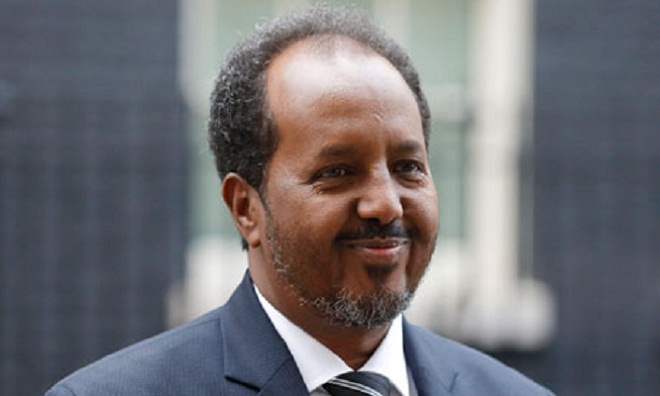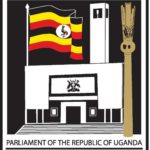The new Somali Parliament to be constituted after elections this year is to have a female representation of 30 per cent, a development that follows widespread consultations between stakeholders including the Somali government and the United Nations.
“He (UN Secretary General) particularly applauds the commitment to representation of women and minority groups, including that women will comprise 30 per cent of the next Parliament, in line with the Mogadishu Declaration of December 2015,” said a statement issued by Mr. Ban ki Moon’s spokesperson.
Mr Ban’s remarks follow a presentation made to the United Nations Security Council by Michael Keating, the Special Representative of the Secretary General (SRSG) to Somalia.
“It gives me particular pleasure to share some breaking news with you,” Mr Keating said and added: “This morning, a decision was taken by the Somali Cabinet on the electoral model to be used later this year. This is the culmination of almost six months of intense consultations. It may be a watershed moment, marking the growing political maturity of a federal Somalia.”
The UN chief also reiterated the urgency of establishing a political roadmap towards universal suffrage in Somalia by 2020, to ensure continued momentum in the country’s transition to democracy.
In the Security Council, Mr. Keating, who is also the head of the UN Assistance Mission in Somalia (UNSOM), said the electoral model is ‘Somali-devised, Somali-led and Somali-owned’, adding that real momentum could and should result from the ‘breakthrough’ achieved. Meanwhile, Mr Keating told the UNSC that success in Somalia this year will depend upon managing threats, notably those posed by the terrorist groups Al-Shabaab.
Noting that military and counterterrorism efforts need to be accompanied by stronger policing and rule of law, Mr. Keating added that a priority must be to strengthen federal and regional capabilities within Somalia as a basis for a longer term transition plan for the African Union Mission in Somalia (AMISOM), which has been in the country since 2007.
“Too many civilians and too many soldiers are dying. Al-Shabab remains a potent threat,” the UN official warned, while nonetheless stating he is encouraged by the commitments made by the President of Somalia, Hassan Sheikh Mohamoud, to security sector reform.








